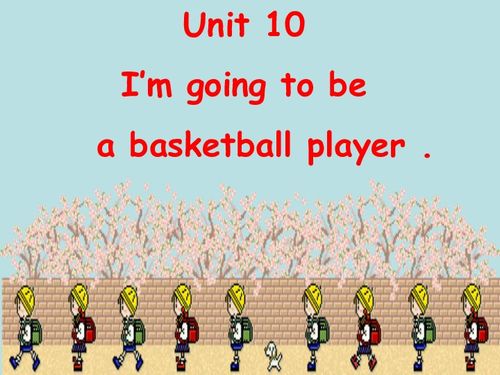Content:
Learning how to fish can be an enjoyable and rewarding hobby. Whether you're looking to spend time outdoors, catch some fish, or simply relax, fishing is a great way to spend your time. However, for beginners, the task can seem daunting. To help you get started, we've compiled a list of essential beginner's tips for learning how to fish.
- Choose the Right Equipment
Before you start fishing, it's important to have the right equipment. Here's what you'll need:
- Rod and Reel: Choose a rod and reel that match the type of fishing you'll be doing. For freshwater fishing, a spinning rod and reel are a good choice, while a baitcasting rod and reel is better for saltwater fishing.
- Line: The type of line you use will depend on the fish you're targeting and the environment you're fishing in. Monofilament line is the most common, while fluorocarbon and braided lines are also popular options.
- Hooks: Hooks come in various sizes and shapes, so choose the right one for the type of fish you're targeting.
- Lures or Bait: Depending on your preference, you can use artificial lures or live bait. Research the best options for the fish you're trying to catch.
- Tackle Box: A tackle box is a must-have for storing your equipment. It should be waterproof and have enough compartments to organize your hooks, lures, and other gear.
- Learn the Basics of Casting
Casting is a fundamental skill for fishing. To cast effectively, follow these steps:
- Hold the rod with a comfortable grip and point it in the direction you want to cast.
- Position the line on the rod's guides and let it hang down the rod's length.
- Swing the rod back, winding up your wrist and arm.
- Release the line at the peak of your swing, allowing the rod to follow through and propel the lure or bait.
- Practice casting in different directions to become more proficient.
- Understand Fish Behavior
To catch fish, you need to understand their behavior. Here are some tips:

- Seasonal Patterns: Fish migrate and change their behavior depending on the season. Research the species you're targeting and learn about their seasonal patterns.
- Water Temperature: Fish are more active in warmer water. Understanding water temperature can help you determine the best times to fish.
- Habitat: Fish tend to stay in certain areas, such as around rocks, logs, or in deep water. Knowing the habitat of the fish you're targeting can help you find them.
- Patience is Key
Fishing is a patient sport. Don't get discouraged if you don't catch fish right away. Here are some tips to help you stay patient:
- Start Early: Fish are often more active at dawn and dusk. Begin your fishing trip early to increase your chances of catching fish.
- Stay Hydrated and Eat: Make sure you stay hydrated and eat throughout your fishing trip to maintain your energy levels.
- Adjust Your Technique: If you're not catching fish, try adjusting your technique, such as changing your lure or bait, or trying a different spot.
- Safety First
Safety should always be a priority when fishing. Here are some tips to keep you safe:
- Always Tell Someone Where You're Going: Inform a friend or family member of your fishing plans, including where you'll be and when you expect to return.
- Check the Weather: Before heading out, check the weather forecast to ensure it's safe to fish.
- Use a Life Jacket: If you're fishing from a boat, always wear a life jacket, even if you're a strong swimmer.
- Be Aware of Your Surroundings: Stay aware of your surroundings, including the water's depth, currents, and any hazards in the area.
By following these beginner's tips, you'll be well on your way to becoming a skilled angler. Remember, fishing is a hobby that takes time to master, so be patient and enjoy the process. Happy fishing!












